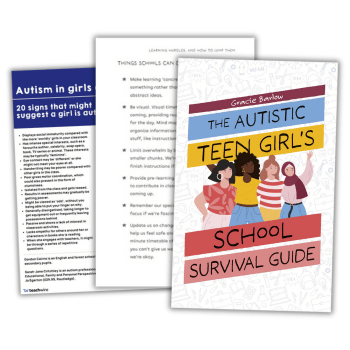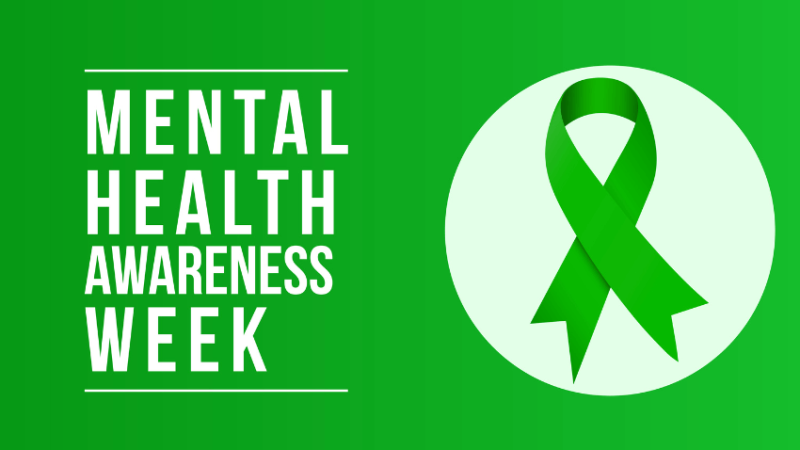It’s Not My Job to Diagnose Children’s Mental Health Problems

“Trying to get a CAMHS referral has always been like trying to find the holy grail”

- by Teachwire
- Classroom expertise and free resources for teachers

We are often told that there is an increasing number of children with mental health problems in our schools. I am not sure about this. Not because I don’t see a greater complexity of need among some of the pupils I encounter now, compared to a few years ago, but because I am not a mental health professional.
As educators, we do seem to be increasing our capacity and willingness to explore mental health factors that may influence a range of behaviours we see in the classroom.
And, for the record, I think this is a good thing. But I wouldn’t be able to diagnose, with any significant clarity, specific mental health issues in a way that I would expect a medical professional to.m
This, of course, is part of the problem. I can’t remember the last time I was able to get a medical professional into school, or on the phone, to discuss possible concerns about a child.
Trying to get a CAMHS referral has always been like trying to find the holy grail, but now it seems beyond even that. But as mental health resources for schools are dwindling, so we seem unable to escape news, statistics and anecdotes that hammer home the message that mental health problems are on the rise.
The worst result of this has been the moderate rise of the diagnosing teacher. In recent years I have had to curb certain teachers’ penchant for sharing their opinions of the mental health concerns of children with parents, and worse, the children themselves.
Their diagnoses have not been based on research, an intimate knowledge of mental health or even a chat with the SENCO, but on their personal hunch. This is an incredibly dangerous thing to do. Firstly, any diagnosis from a teacher is likely to be inaccurate.
Secondly, it creates the potential for a lowering of expectations. A teacher that is quick to decide that a child has mental health problems will often be the first to determine that they are powerless to have a positive impact on the child’s progress.
In my experience, the swifter a teacher is to diagnose, the less willing they are to put in place a range of support and interventions that may enable the child to cope better.
The ‘almost as bad’ result of the publicised rise in generic mental health issues is pupils who self-diagnose, and loudly promote, their perceived mental health problems – children who are quick to inform me that they have ‘anger issues’ or explain that they cannot have any responsibility for their behaviour.
I feel desperately sorry for these children, as they have been allowed to tar themselves with a brush that they think will be a magic bullet for getting through life.
Trending
I do not deny that there is something affecting these children, and they do need care and support in order to work through it, but chipping away their perception of the root cause for their problems is mighty challenging.
The other unintentional consequence of a combination of poor funding for mental health support and the relentless promotion of mental health issues is the general attitude that schools will be the saviours. No, we won’t.
Our job is not to determine and provide in-house therapeutic support for children with mental health issues. Our job is to educate.
To do this for a child with mental health problems is demanding, but not impossible. It requires compassion, understanding and a willingness to look beyond surface behaviours. It doesn’t require us to have the skills to ‘solve’ the problem.
I worry that the belief that teachers need to have the knowledge and understanding of every single mental health disorder that’s out there gives an unrealistic picture of what modern teaching is all about.
You don’t need to a degree in mental health to understand why a child is not thriving in school. You just need to know a little bit about their context, a lot of compassion, and the ability to put in support and not judge them when it goes wrong. It sounds simple, but it isn’t easy.
All children are complex. Some have had horrendous life experiences that have scarred them. But it isn’t my place to know which type of therapy they need or decide what specific mental health problem they have.
I do believe that teachers can make a positive difference for these children, through compassionate teaching. We won’t solve their problems, but we can help them access a way forward.
The Primary Head is the headteacher of a UK primary school. Find them at theprimaryhead.com and follow on Twitter at @theprimaryhead.







